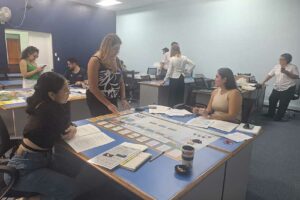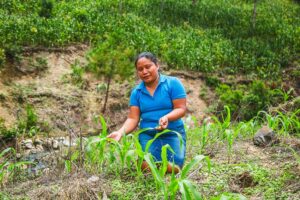In Oaxaca, Thirty-One Individuals Train in the Talento Agro Program
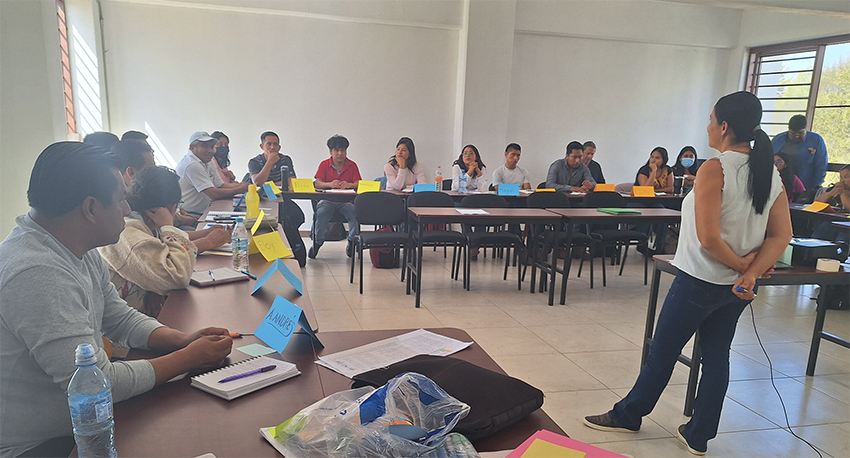
- Sustainable agribusiness specialists from CATIE lead the teaching process that covers topics such as public policies, market access, and adaptation to climate change through trainer training.
Starting March 4th, thirty-one professionals from the agricultural sector in Oaxaca, Mexico, began a new learning process within the training program called Talento Agro: Building competencies and impact tools for sustainable agribusiness managers, which will be taught over the next eight months and replicated in Puebla, thanks to the German Technical Cooperation in Mexico (GIZ).
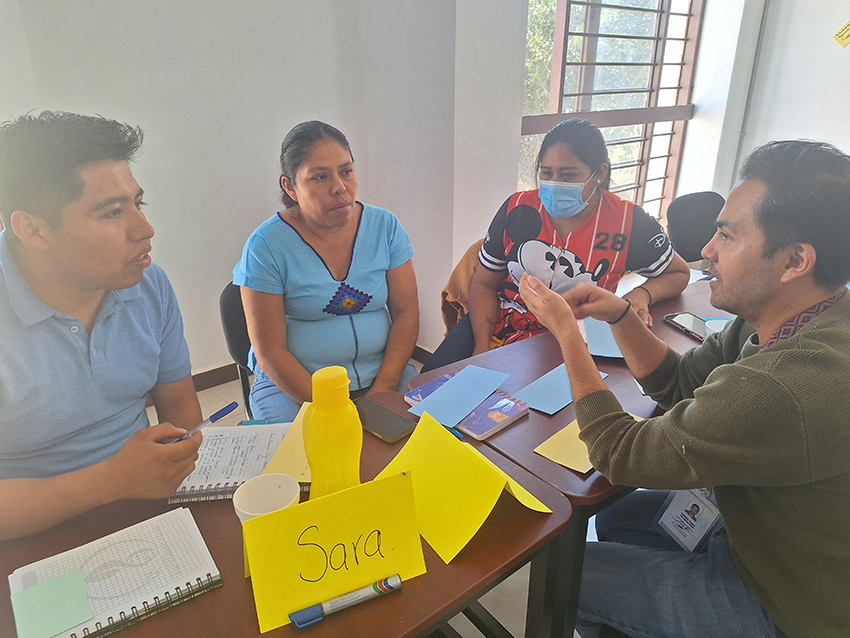
Taught by sustainable agribusiness specialists from the Environmental Economics and Sustainable Agribusiness Unit (UEAAS/EfD) of CATIE (Tropical Agricultural Research and Higher Education Center), this course brings together in Oaxaca 16 women and 15 men, aged between 25 and 50 years, who will learn over two diploma courses, divided into six classes, about associativity, public policies, biodiversity management, adaptation to climate change, management of sustainable business models, inclusion, financial management, market access, and trainer training.
"The group from Oaxaca is very diverse, participative, and committed to their work and the small producers, so we are sure that this program will be well utilized by these individuals, who will also contribute significantly to the construction and review of current pedagogical models," shared Evelyn Chaves, one of the sustainable agribusiness specialists from the UEASS/EfD, of CATIE, who is currently in Mexico along with Susana Acuña.
Chaves added that at the end of the process, the participants will receive a specialization certificate as agribusiness managers, which will be accredited by the CATIE Graduate School.
Program Opening
During the inauguration held on March 4th, the Undersecretary of Food Security, from the Secretariat of Agri-food Promotion and Rural Development (SEFADER), M.C. Flavio Aragón, was present and emphasized the value for the government of Oaxaca and the participants, of having a university with such a trajectory as CATIE to impart the training program.
"The challenges faced in terms of food security in the state of Oaxaca are many and cover not only the effect of climate change but also barriers related to markets, organization, good agricultural practices, among others," highlighted Aragón in his opening remarks.
Juan Carlos Escobedo, technical advisor of the Vida y Campo project, which is funded by GIZ in Mexico, talked about the importance of comprehensive training, the fulfillment of the program, and the joint effort made between the state authorities and GIZ to provide this training process to technical individuals.
"The knowledge acquired by these technicians will be replicated among the people they serve in their territories of influence, to amplify and replicate what has been learned with the objective of promoting the transformation of the agri-food systems, with the aim of making them ecologically sustainable, socially just, and resilient to climate change," Escobedo added.
The participants are linked to state, federal governmental institutions, non-governmental organizations, and civil society.
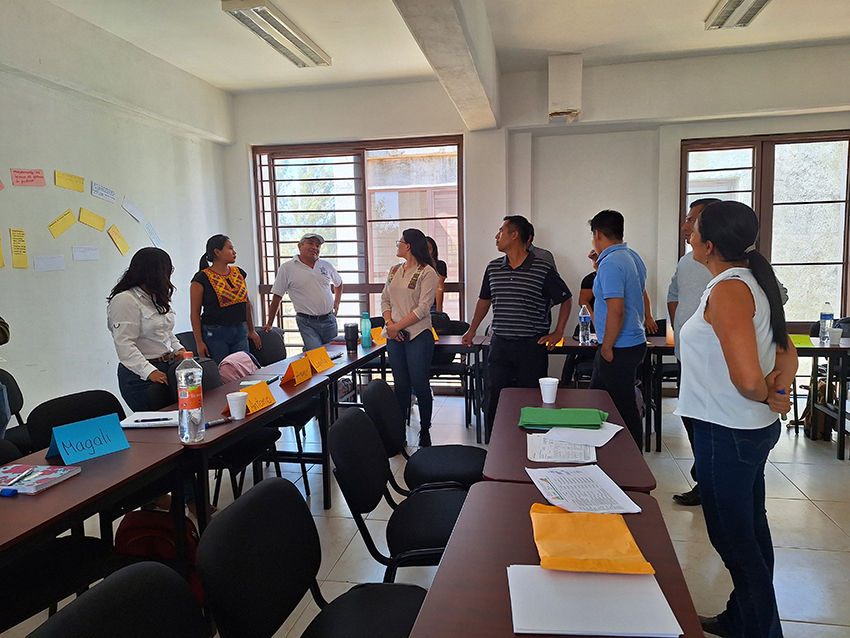
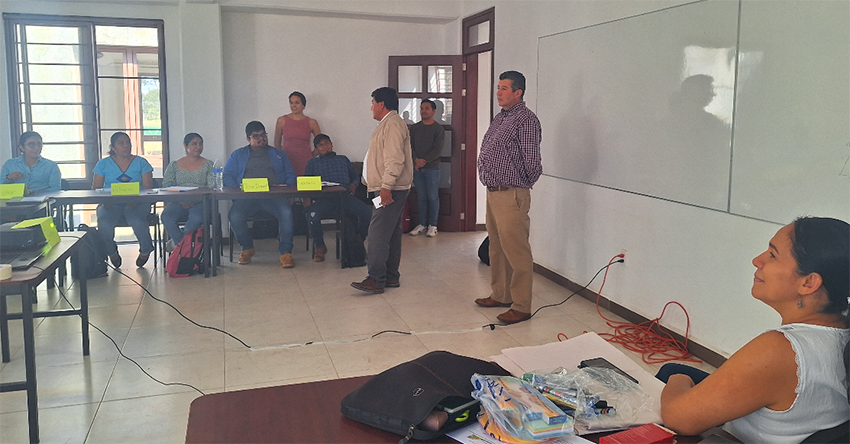
More information:
Evelyn Chaves J.
Specialist in Sustainable Agribusiness
Environmental Economics and Sustainable Agribusiness Unit (UEAAS/EfD)
CATIE
Evelyn.chaves@catie.ac.cr
Written by:
Marianela Argüello L.
Communication and Knowledge Management Officer
Environmental Economics and Sustainable Agribusiness Unit (UEAAS/EfD)
CATIE
marguello@catie.ac.cr
Tag:Agribusiness, Mexico

